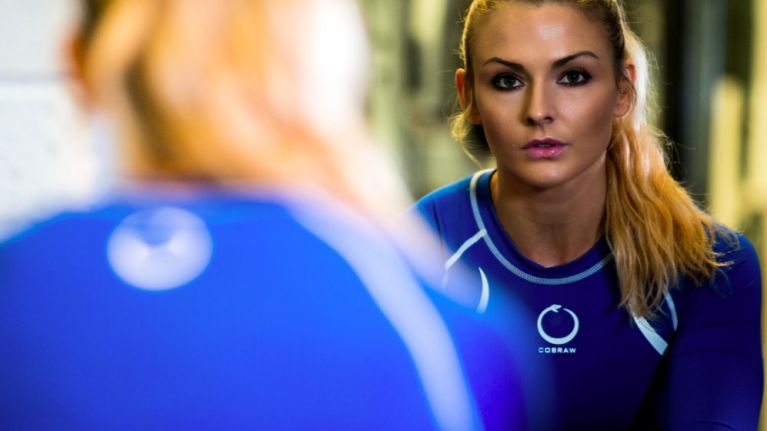Irish sport-tech companies are becoming internationally known as leaders in their professional fields. Most started out small and ended up becoming prominent players in the industry. This is the case for SportLoMo, a Co Mayo based company that provides management software to sport organisations. They began with a client list of some of the local GAA clubs. Now, the company has signed a deal with a US sports organisation that will yield 3,000 new customers. In recent months, many of these Irish sport tech firms have secured lucrative international deals, while others are gearing up to begin fundraising rounds to…
Cancel at any time. Are you already a member? Log in here.
Want to read the full story?
Unlock this article – and everything else on The Currency – with an annual membership and receive a free Samsonite Upscape suitcase, retailing at €235, delivered to your door.

